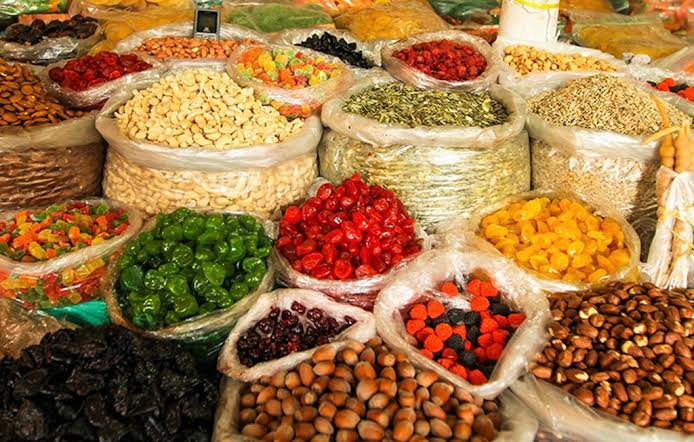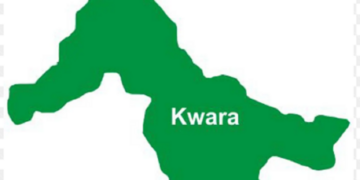New evidence warned that weak competition may be causing unfair food prices for consumers in Nigeria, as retail prices rise significantly faster than wholesale prices.
The UN Food and Agriculture Organization’s Global Food Price Index showed global food commodity prices have been consistently decreasing since March 2022; yet consumers worldwide were still facing food price rises. The Nigeria’s National Bureau of Statistics (NBS) monthly food price inflation hit a 17-year high of 29.3 per cent in August 2023.
The tool tagged: “The Fair Food Price Monitor”, developed by Consumers International (representing consumers across the world), Nigerian consumer organisations (Consumer Advocacy and Empowerment Foundation, and Consumer Awareness Organization), uses data from sources such as the National Bureau of Statistics and FEWS NET to track the relationship between food prices at different stages of the supply chain in Nigeria.
Key outcomes from the first analysis using the Fair Food Price Monitor showed that for several important food items, retail/consumer prices have risen substantially faster than wholesale/market prices.
For instance, between January 2022 and August 2023, the retail price of yams increased by 74 per cent, while the wholesale price rose by just 60.3 per cent. In the same period, the retail price of groundnut oil increased by 56.3 per cent, while the wholesale price of groundnuts rose by only 35.3 per cent.
The retail price of maize increased by 19.2 per cent throughout the course of 2022, while wholesale prices in fact fell by 4.1 per cent. This showed that while costs are increasing for all market actors, consumers are bearing an unfair and excessive burden.
The Fair Food Price Monitor explores several potential explanations for this divergence in retail and wholesale prices – such as rising fuel costs and a weakening exchange rate – but finds that while these factors may have contributed, they do not appear to be sufficient explanation for the excessive rise in retail prices.
“When the cost of producing and importing food increases, it is inevitable that consumers will have to pay higher prices. However, in a competitive national market, it is expected that profit margins will also decrease slightly, as the burden is shared between food producers, traders, retailers, and consumers. If the margin between retail and wholesale prices remains consistent (or even increases) in times of crisis, this is a sign that stronger competition would result in fairer prices for consumers,” it further explained.
Consumer organisations, however, recommended a range of actions that the government can take to tackle this threat of unfair food prices.
In particular, it highlighted that while authorities in Nigeria are committed to taking action against unfair prices, they need stronger support to enable enforcement – from financial resources to political mandate, to high-quality data.
“This can enable more decisive action to strengthen competition in the marketplace, such as by sanctioning anti-competitive practices, tackling monopolies, and supporting small and medium-sized businesses,” it added.











